When I told WWOOFer Meg I was going to put up a blog post about recent weeks, she suggested it simply be the word “HAY!” It was tempting.
We’ve been busting out row after row of thick hay mulch, keeping the ravaging hordes of weeds suppressed while the crops get their feet under them; it holds moisture in the sandy soil, and eventually breaks down, adding nutrients and much needed organic matter for future crops. It’s not the most pleasant of tasks, especially for those of us with hay and mold allergies, but we’ve gotten some pretty good tactics down to make it easier; one person with a wheelbarrow per row to be mulched, doing relays back and forth, while one or two people rip up bales outside the field, and load up the wheelbarrows when they return, empty, to the fence.
This process has made things much more efficient, and since we’ve had a few WWOOFers helping, we’ve managed to get much more of the field under cover than previous years … which will mean happier crops and less weeding for the rest of the season.
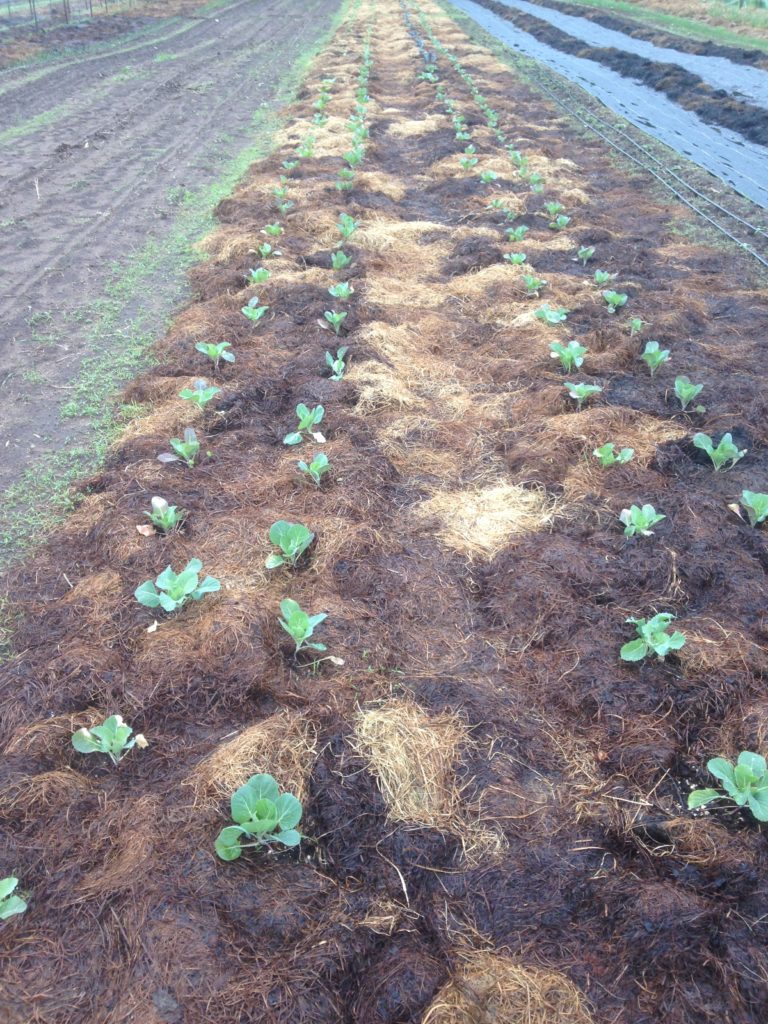
In a similar vein, we found a free silage tarp the exact dimensions of our high tunnel greenhouse, while scavenging for useful items at the annual “Trash Days” in Bloomington MN (where folks put all manner of unwanted piles out on the curb for scavengers like us to pick through, prior to it all heading to a landfill). Although it hadn’t been the plan, the dimensional match seemed too meant to be to ignore, so we transformed the high tunnel into a plastic bubble for heat-loving plants.
It’s amusing since neither of us really ever wanted to grow using plastic, but it’s hard to argue with luck and with results – and it’s certain that such a ground cover is ideal for the sandy, weedy soils we contend with here, as well as for heat-loving plants. (The plants are watered by both driplines connected to the well, and by soaker hoses gravity-fed by various rainwater collection tanks around the farm.)
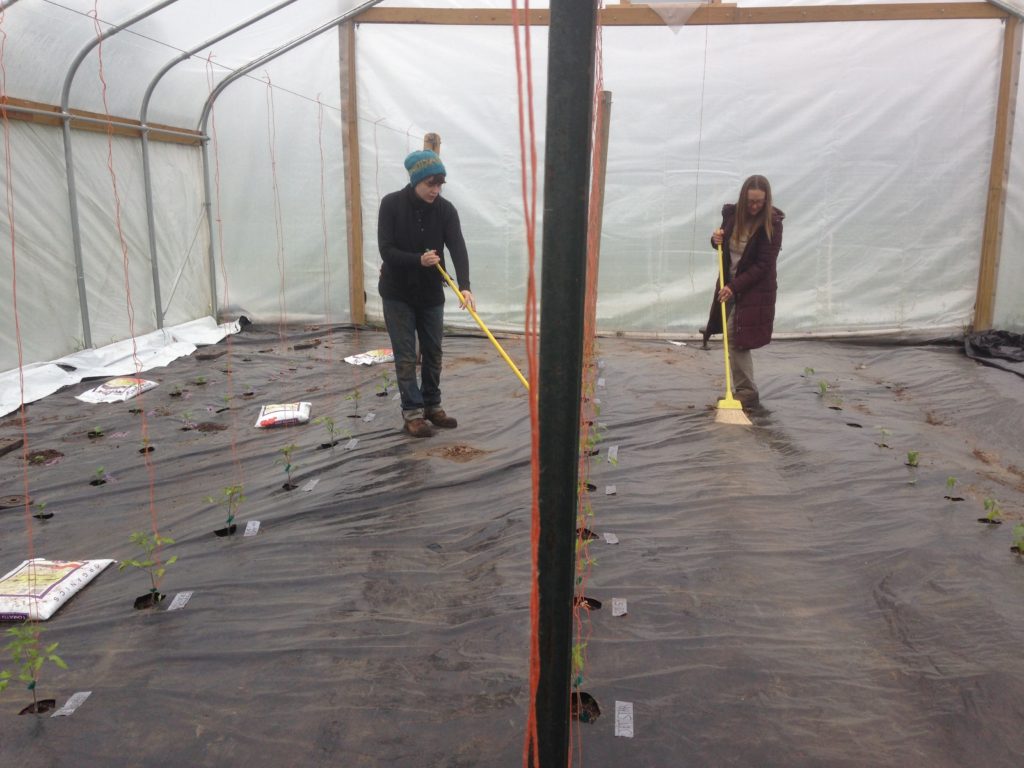
And speaking of rain – we’re finally getting nice amounts, after a nearly month-long dry spell, where we were having to run the generator/well irrigation daily to keep the seeds and transplants alive in the field. We’d watched storm after storm split apart on the radar and pass around us, leaving us dry … but finally, we were blessed with three inches over the course of a few day rainy spell (an amount that would have been problematic in less well-drained soil), and since then it’s been a lovely syncopation of sunshine and rain, alternating daily or even hourly.
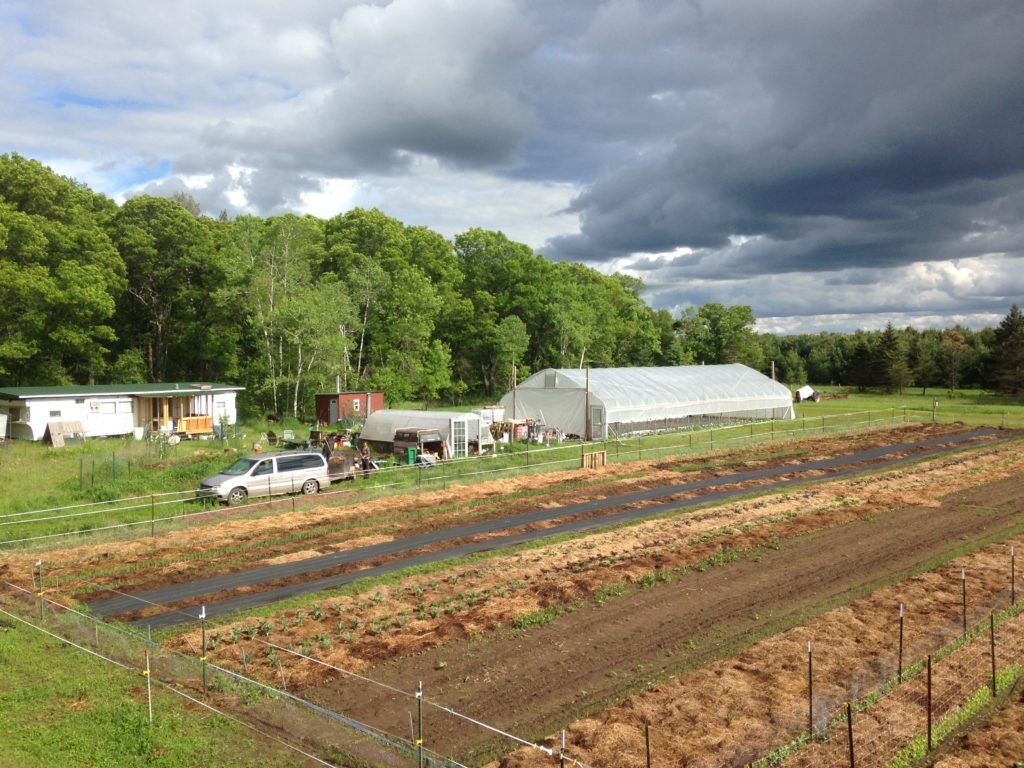
As I sit writing this on Monday morning, it’s going from full sun to downpour about every 10 minutes – the photo above is the sunny field with the next squall rolling in.
The crops love this rhythm, and are looking quite pleased with their lot in life.
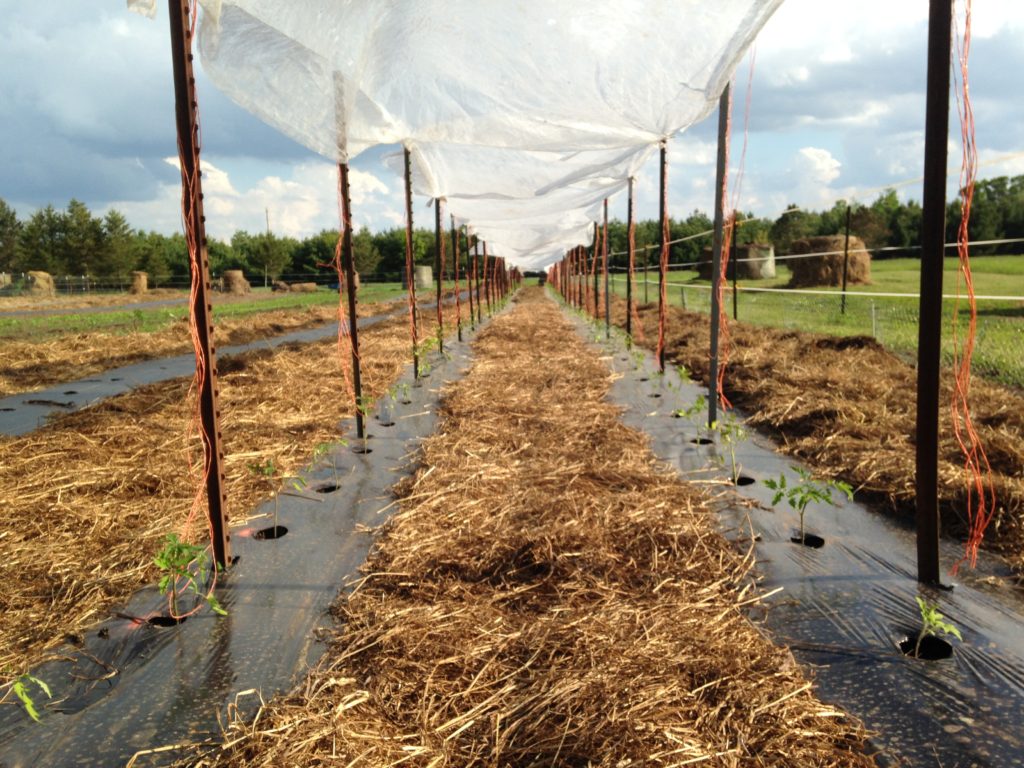
The mulch has unfortunately provided habitat for our population of tunneling colonial vegetarian rodent-monsters (aka voles), however we have been heartened by the influx of snakes around the field this spring – the hugelkultur mound, for example, had been nicknamed the “Vole Hotel” last year, as it was clear they’d infested the spaces between the buried branches and logs. When we got to work this spring, we noticed the holes into the mound seemed larger, and feared it meant even MORE voles … soon enough, however, we saw the huge gopher snakes cruising in and out, basking atop the mount in the sun, breeding in the grass, and hopefully striking terror and population control into the resident rodents.
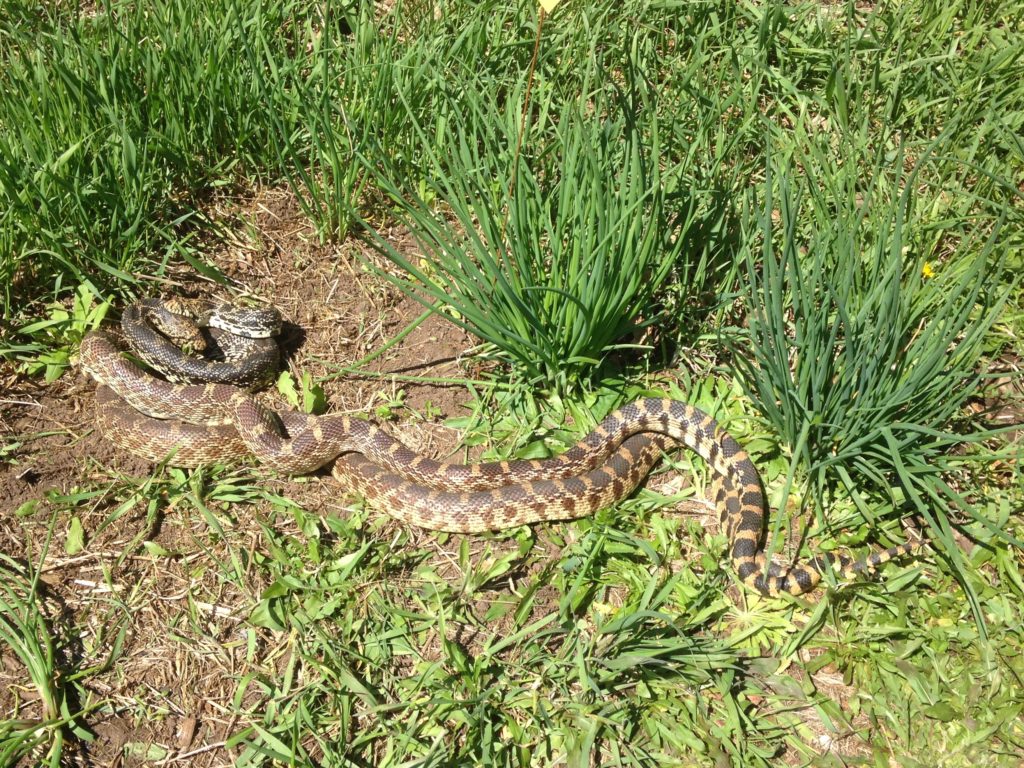
We’ve been reconnecting with our human network as well – spending plenty of time with our friends, supporters, and neighbors, the Marquardts, meeting up with local historian and author Russ Hanson (he gave us an old coal boiler that we’ve turned into a wood-fired water heater), and taking the poop pile from our new goat-mancer friends and CSA members at The Munch Bunch. And we’ll be starting to sell at the Saint Croix Falls Farmers’ Market in a week or two … a few weeks after the market begins, as usual.
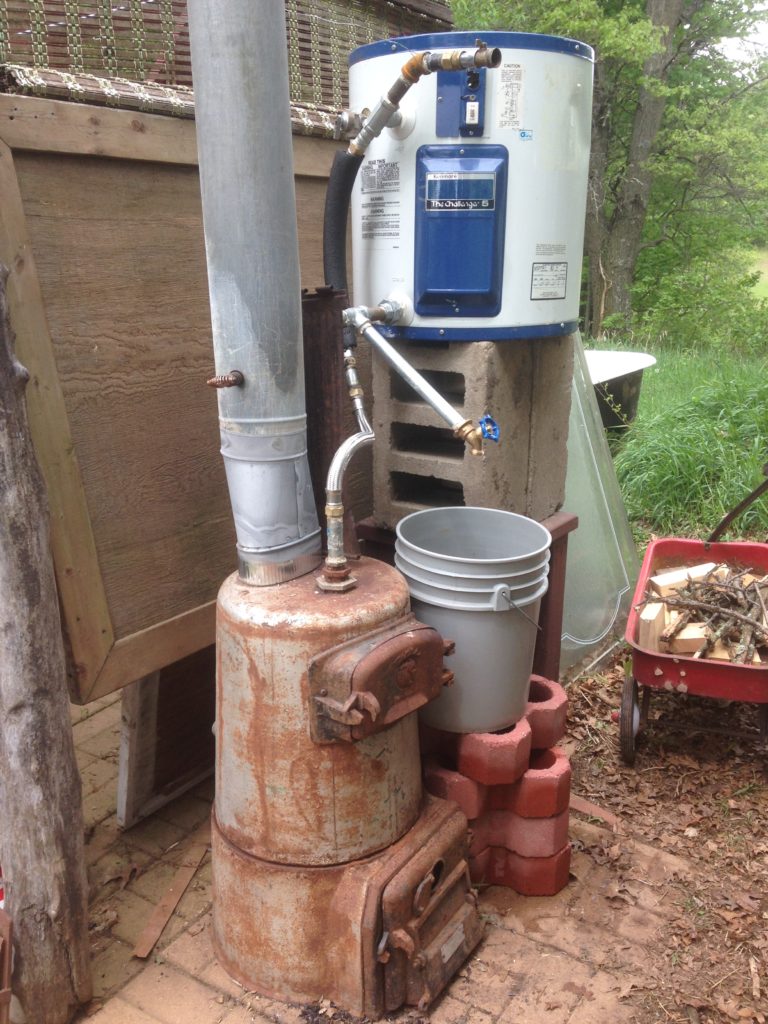
(We simply don’t have enough growing this early in the season for our attendance to make sense, especially alongside those coming in from south of here. Heck, we even have a slower start than other farms in the same township as us – the local historian let us know that his growing season, up the hill, is a full month longer than ours is, due to the way cold air settles into the wide glacial Saint Croix River valley where we grow!)
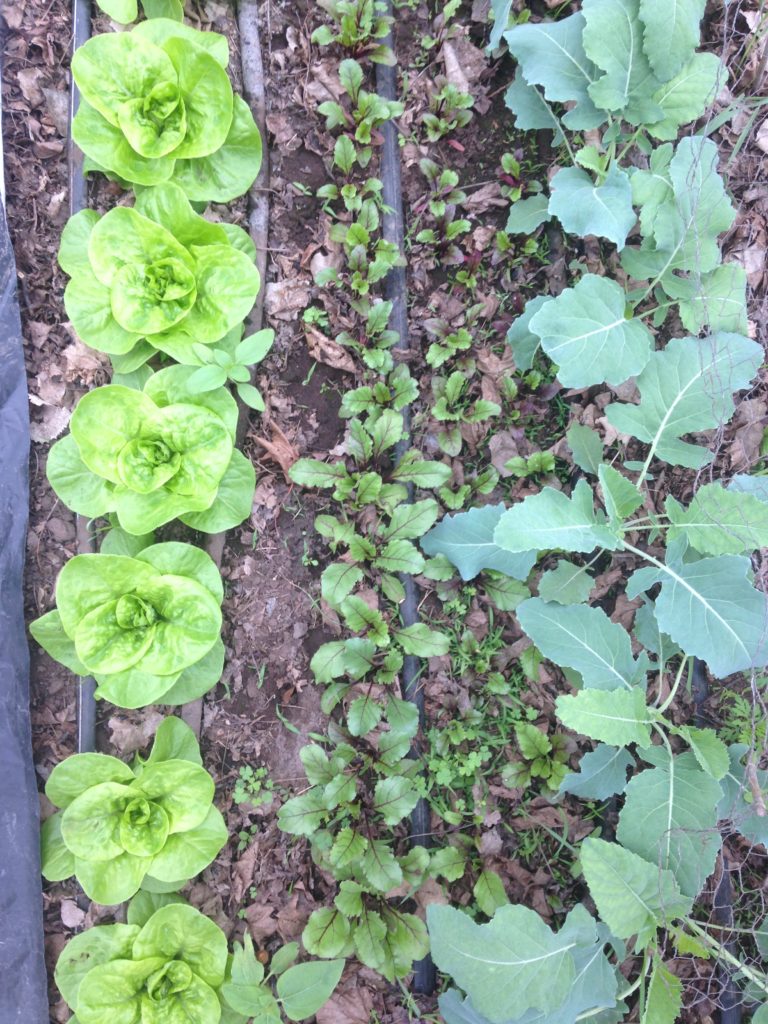
The biggest change afoot this spring is all around us, and it’s been a real test of our ability to “que sera, sera” with inevitable change – logging. Starting at 7 am, for weeks, we’ve been greeted by the sounds of the profit-driven logging machines devouring all the largest and oldest trees in the vicinity, and leaving arboreal carnage in their wake.
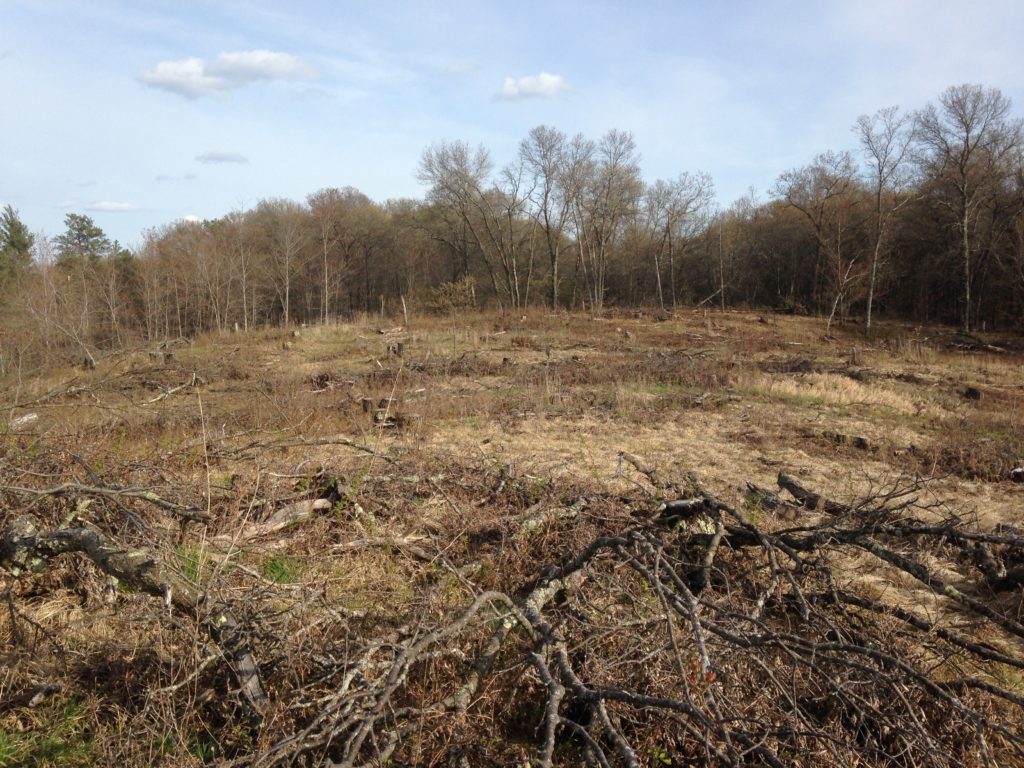
I could rant, here; there is much to be angry, sad, and disappointed by, seeing how callously these woods are turned into dollars for the Wisconsin General Fund … especially knowing that next year it will likely be the patch of woods right alongside our driveway that is razed.
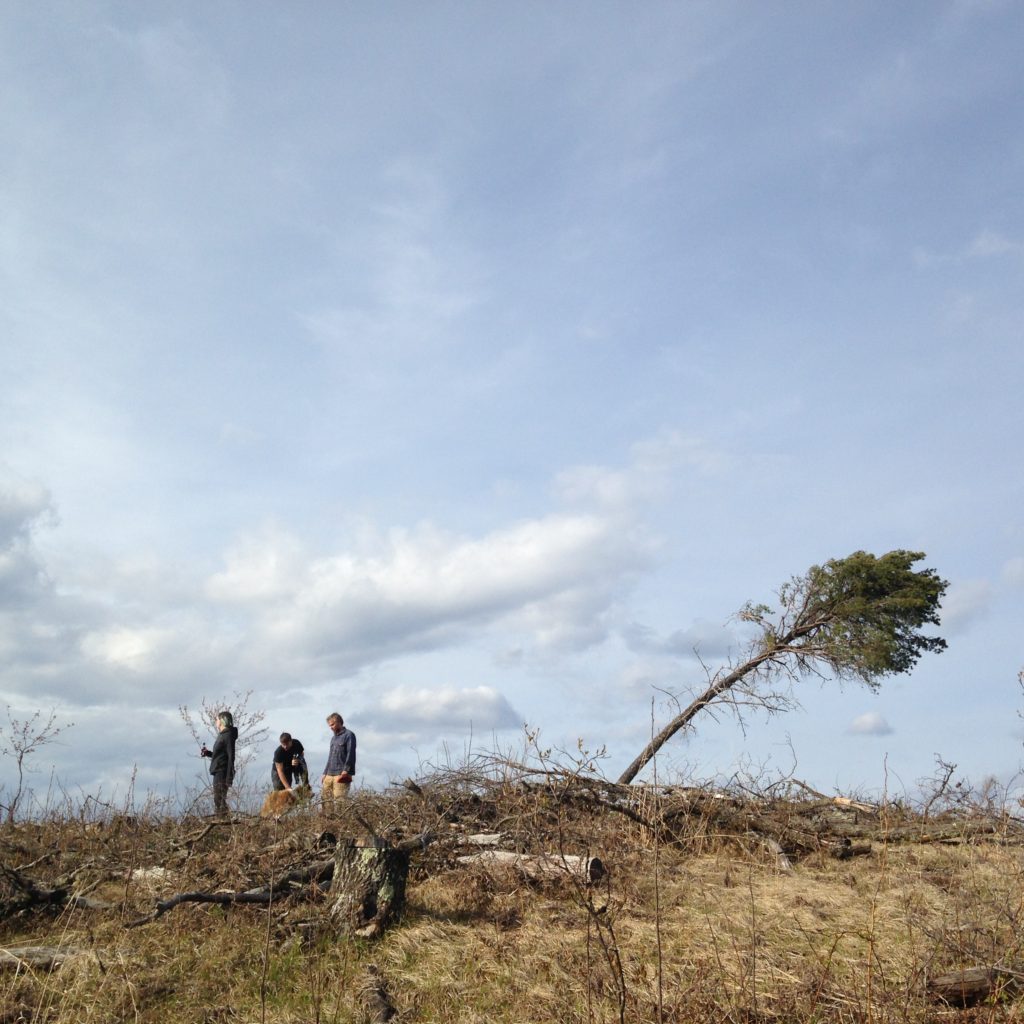
But I won’t rant. It’s one of those things that we cannot change, and must find peace with at minimum, and even better, silver linings. In this case, we will have ample access to the remnants the loggers leave behind, for use in our heating needs, and we expect that the suddenly-opened areas will allow understory fruit bushes to spring into productivity, producing wild raspberries, blackberries, and blueberries.
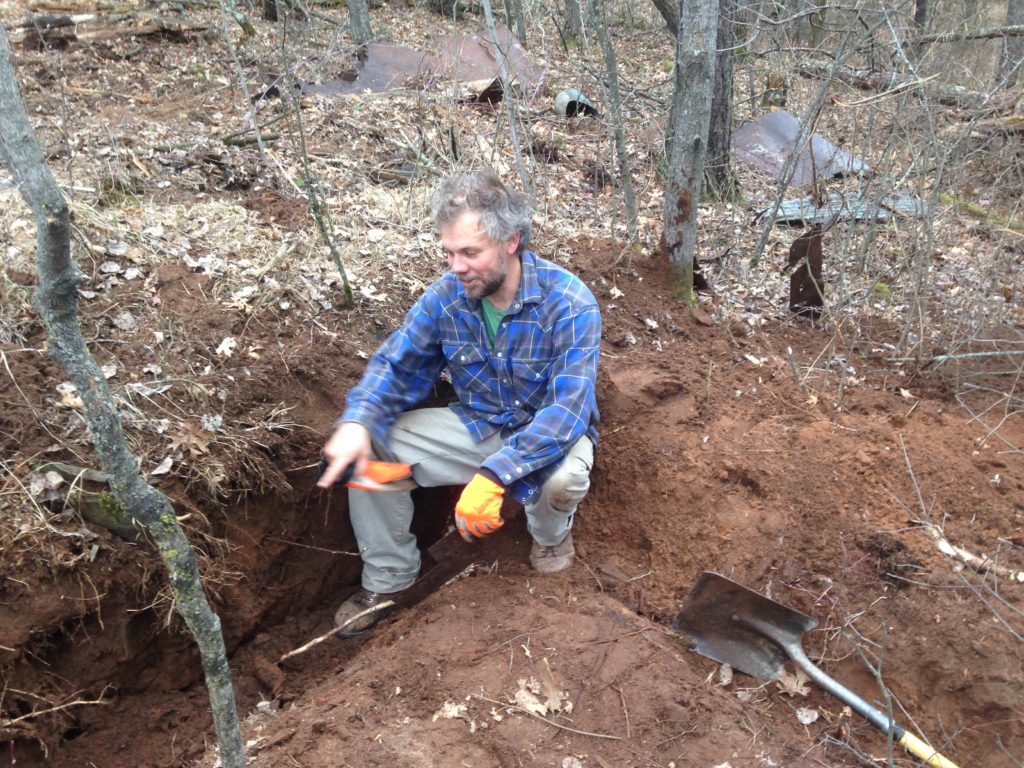
Another silver lining – although no one had told us, I had a hunch that the loggers were coming to the neighborhood – and launched a salvage expedition to recover the last of the old car body panels from the homestead ruins of “The Architect” … and just days later, the whole site was crushed by heavy machinery treads. Sad – but awesome that we salvaged the remains in the nick of time, to repurpose for future projects that have local historical roots, as well as powerful aesthetic appeal (to our eyes anyway!)
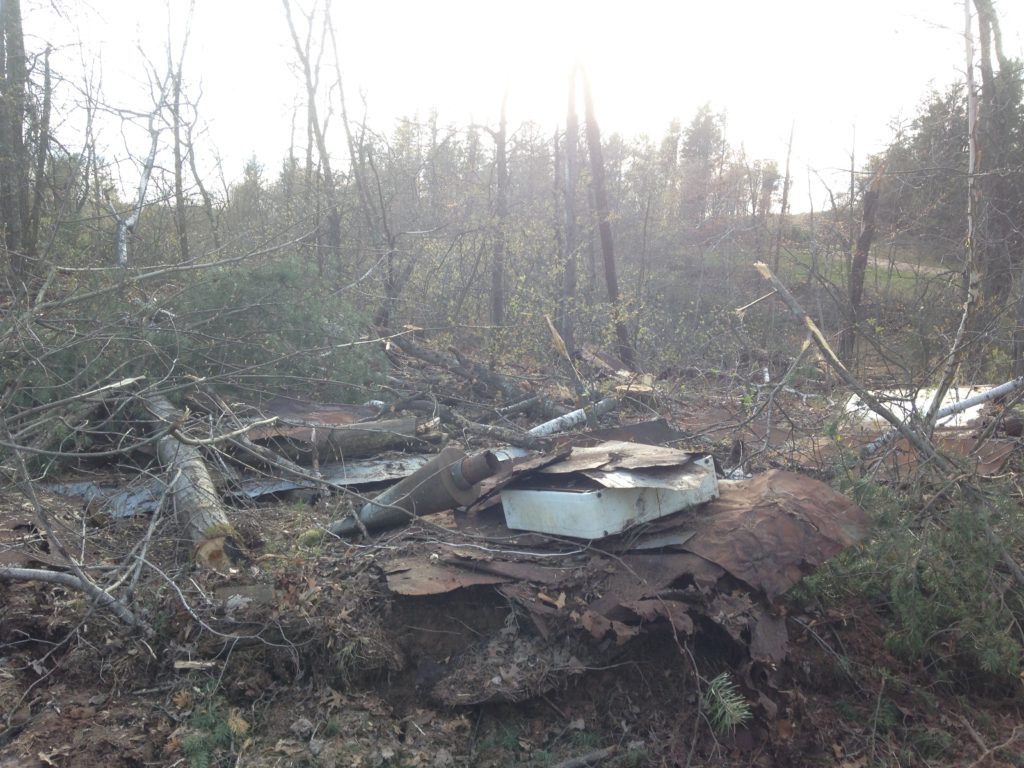
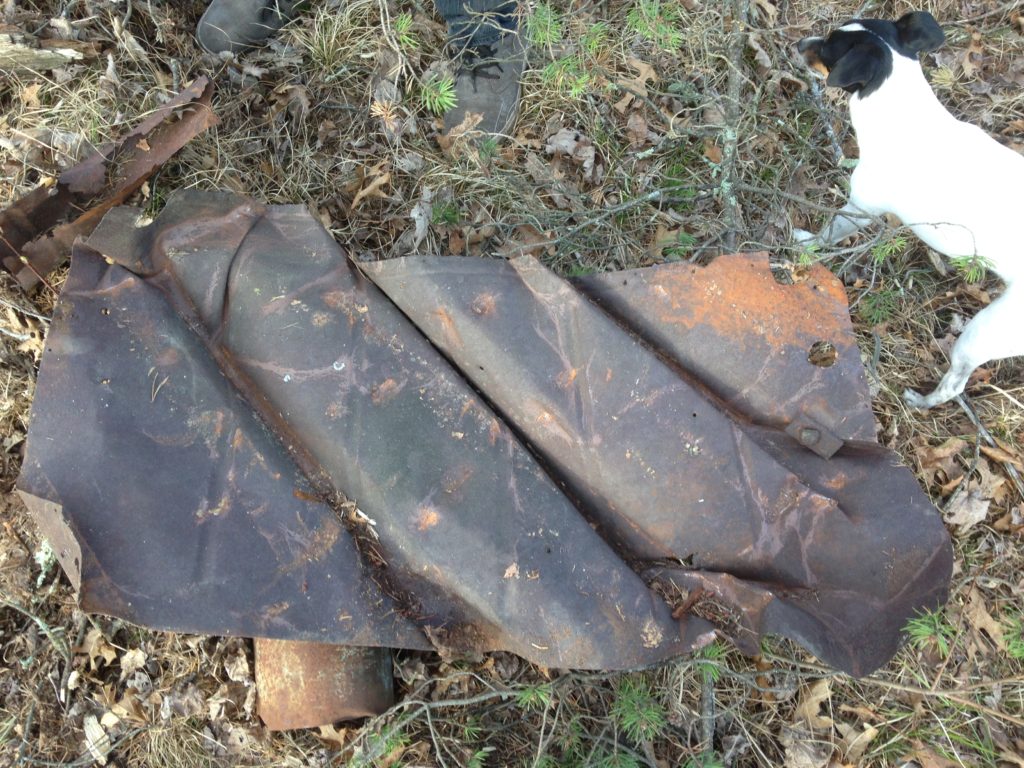
We’ve enjoyed feeling like we lived in a forest, but with the surrounding woods logged, we’ll be well-aware that we truly live in The Barrens, and we that we grow food in an area considered to be little more than a wasteland by many. Underappreciated, scruffy places on the outskirts of human civilization has long been our favored type of habitat, and that’s exactly where we are putting down our roots; deep tap roots that can draw sustenance from the most unpromising-looking sands.
No matter what, it’s going to be interesting, and interesting is our favorite thing.
So.
The first CSA box will be coming on June 6th … are you ready? We are!
See you soon,
Gabe & Kristin
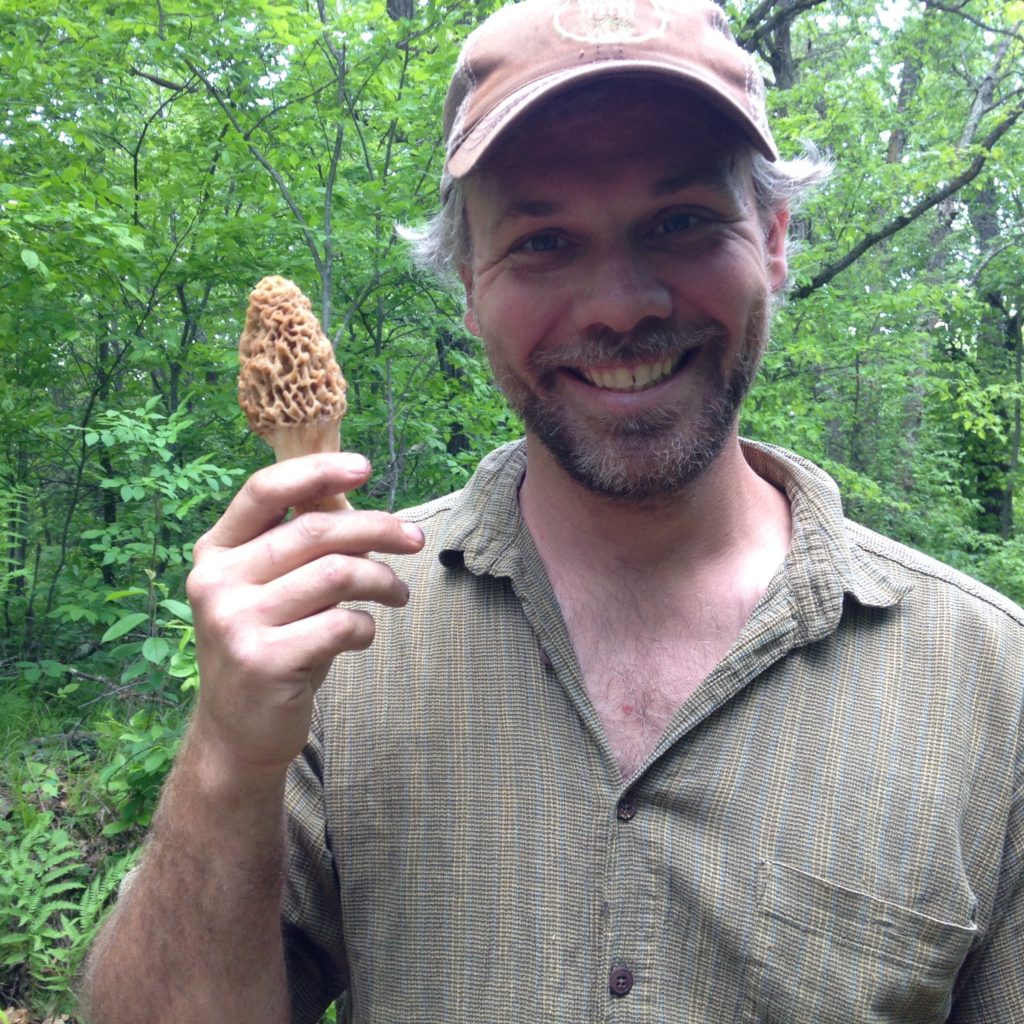
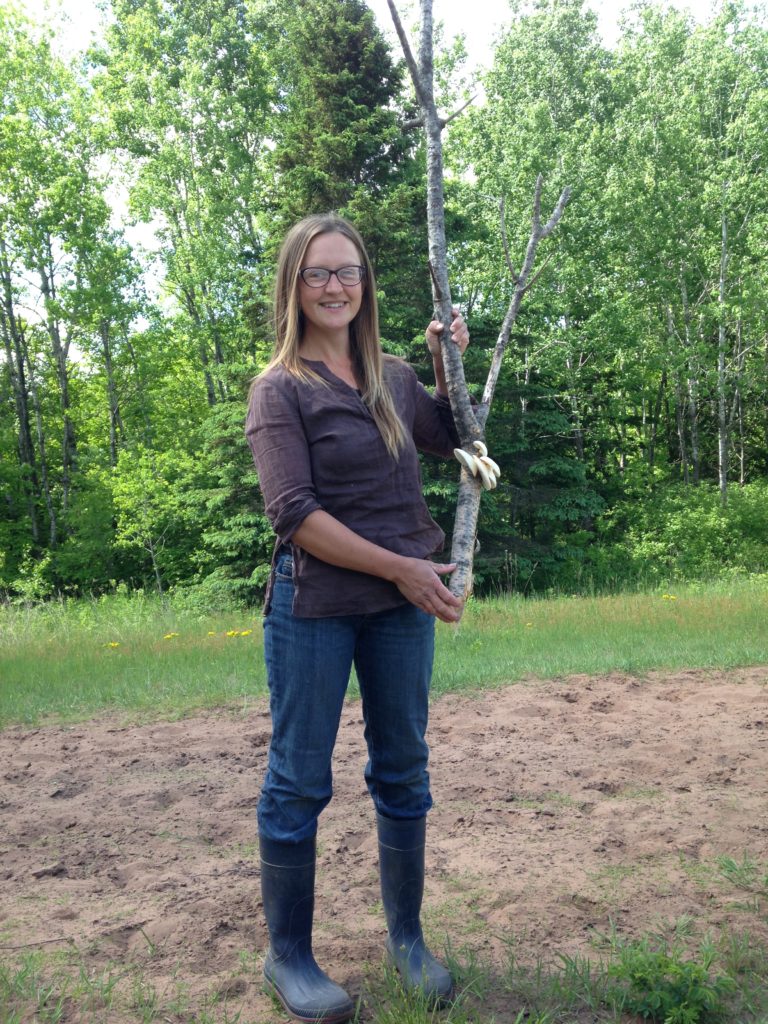
HEY HAY MAY PICS
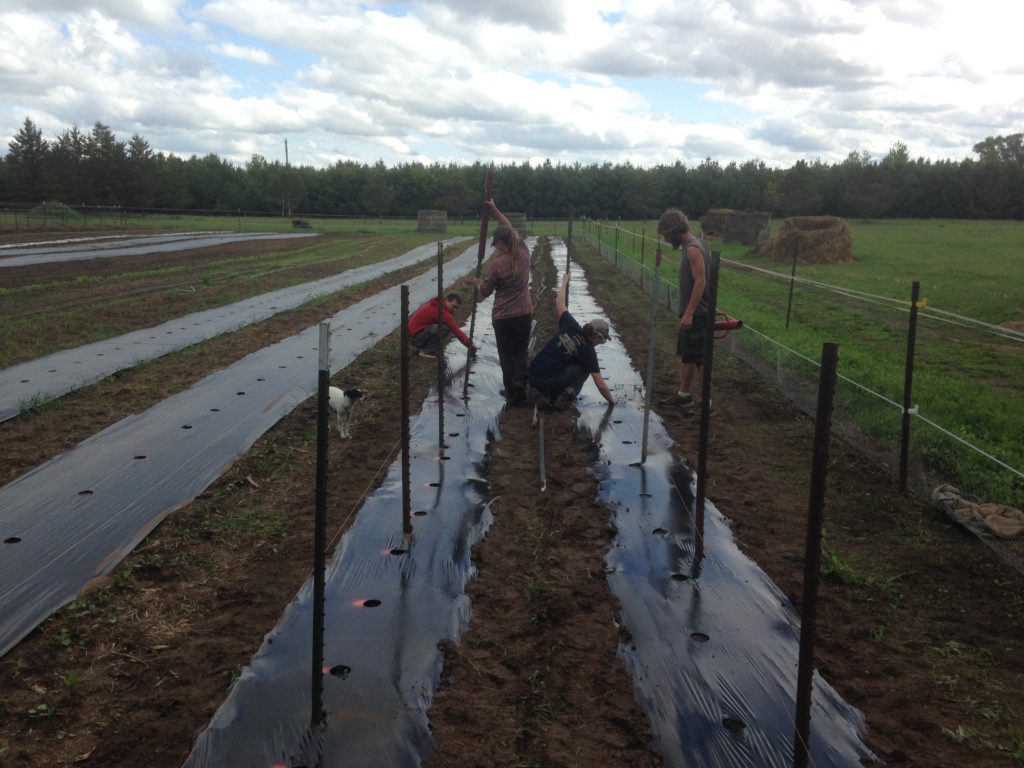
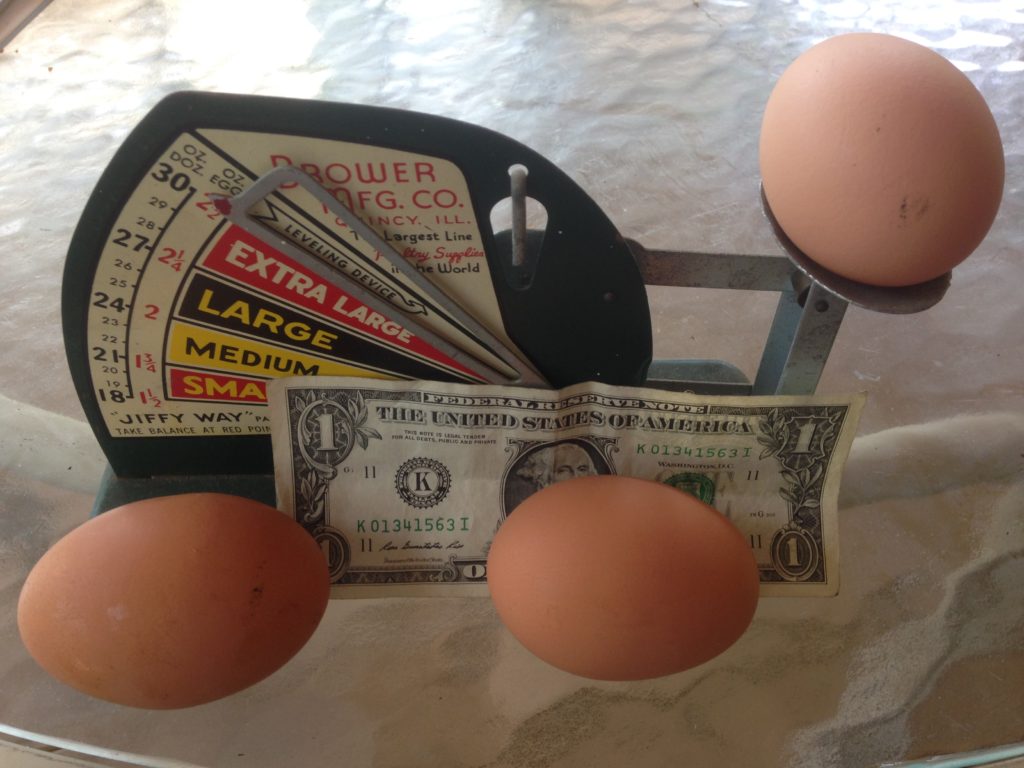
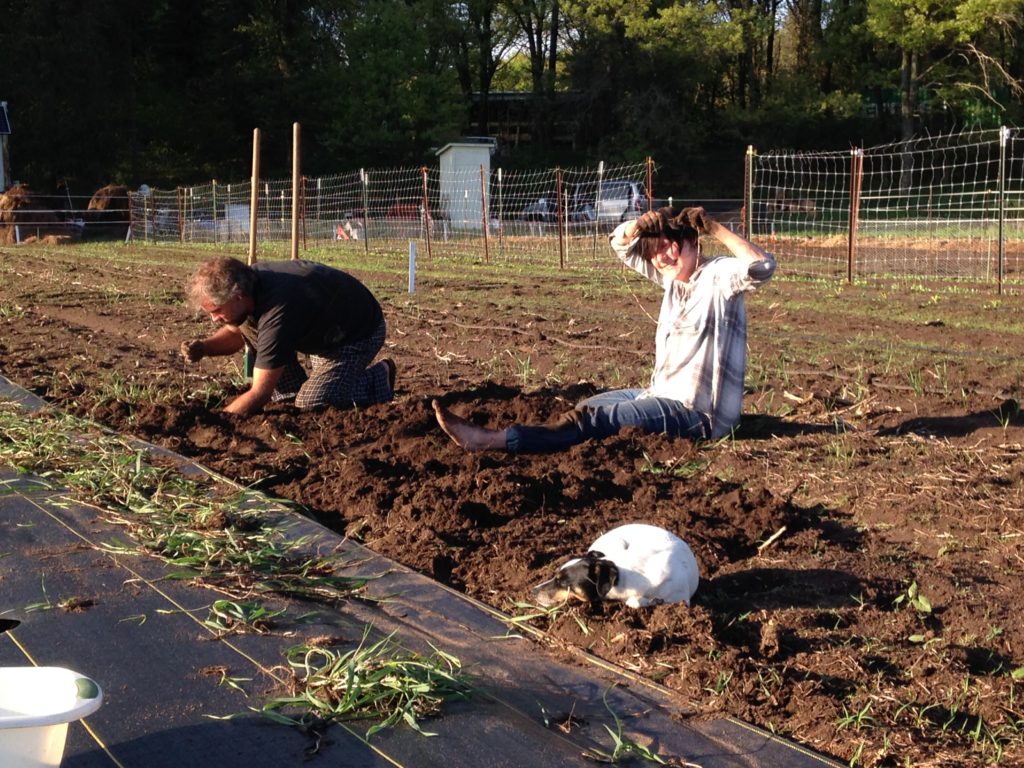

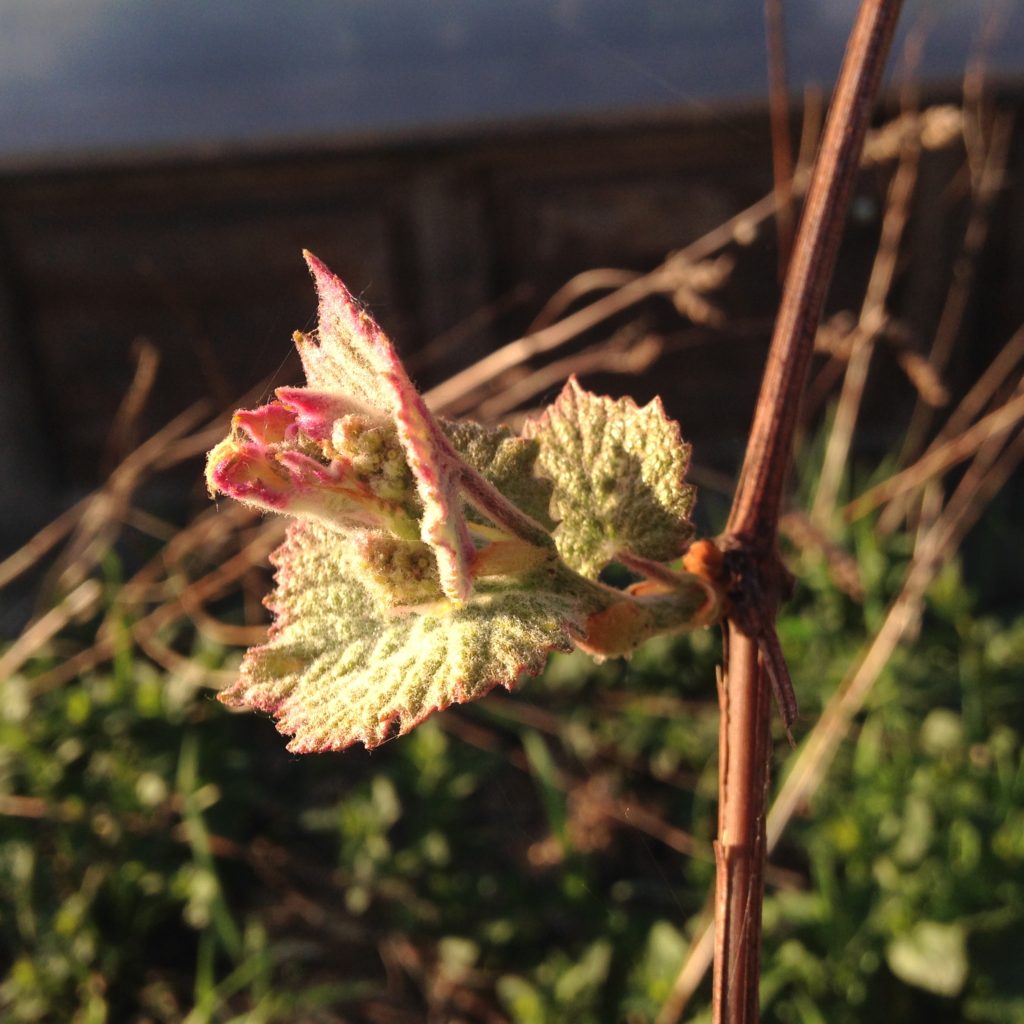
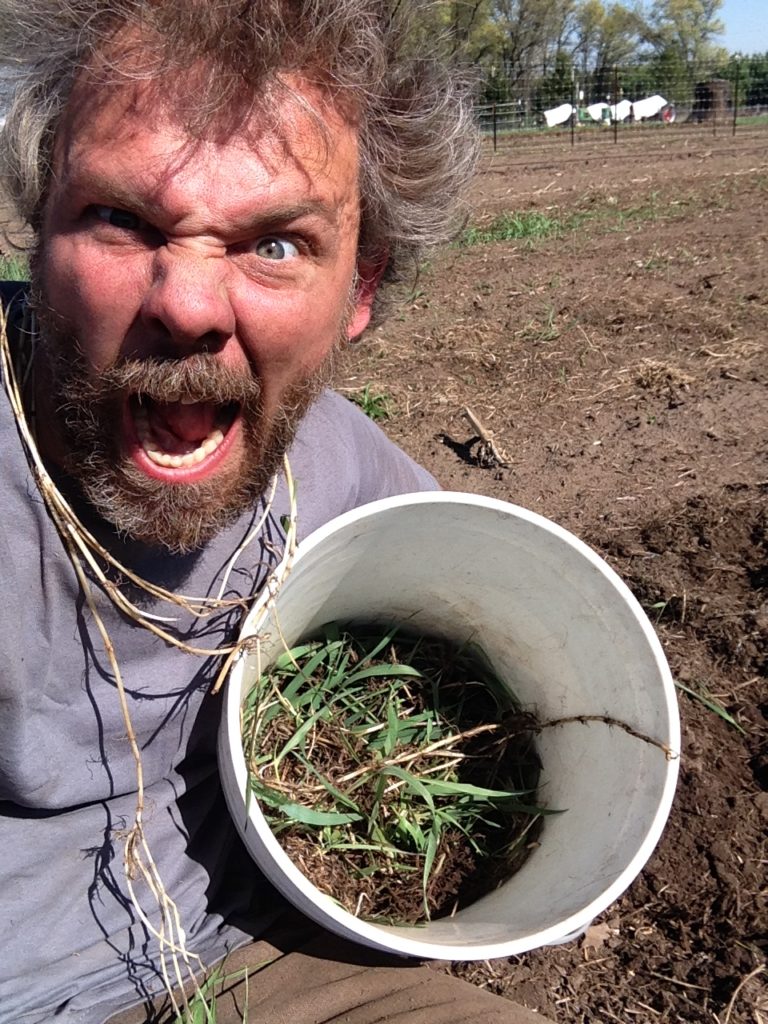
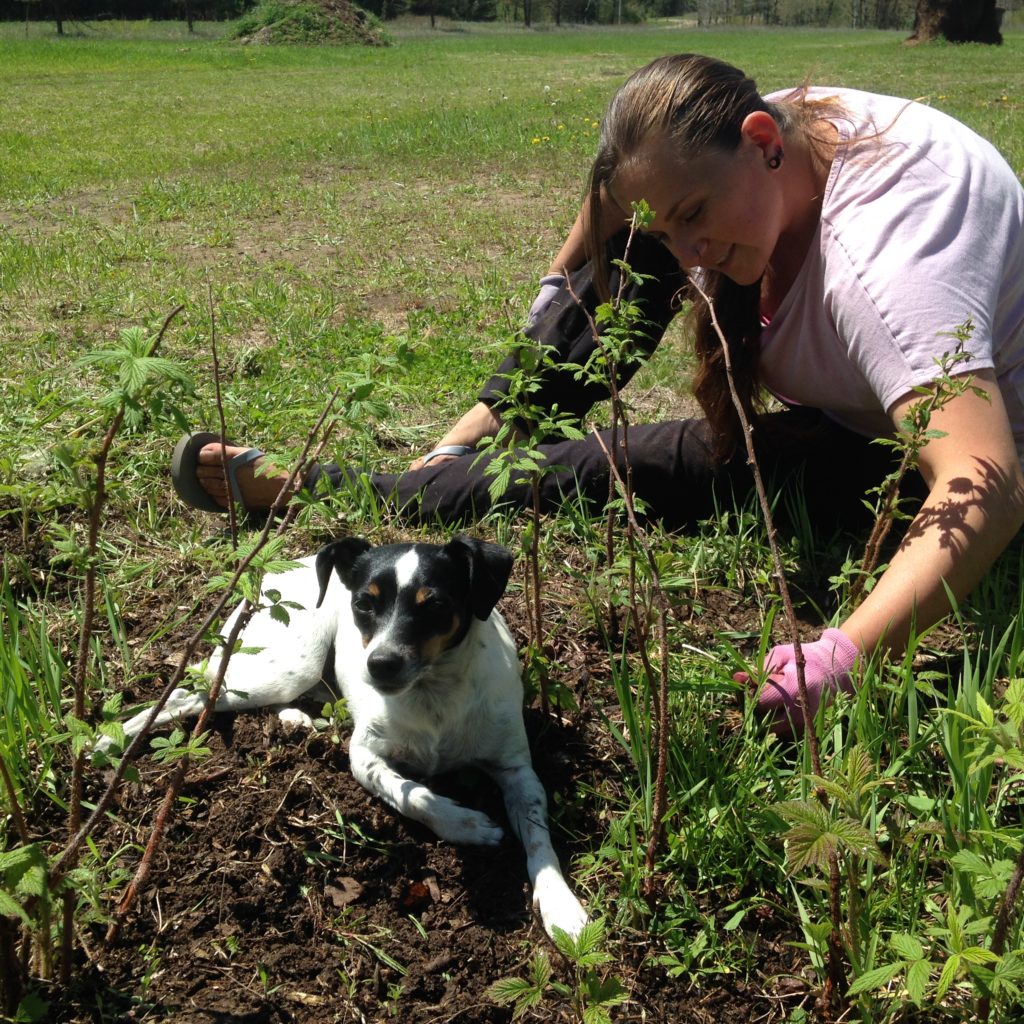
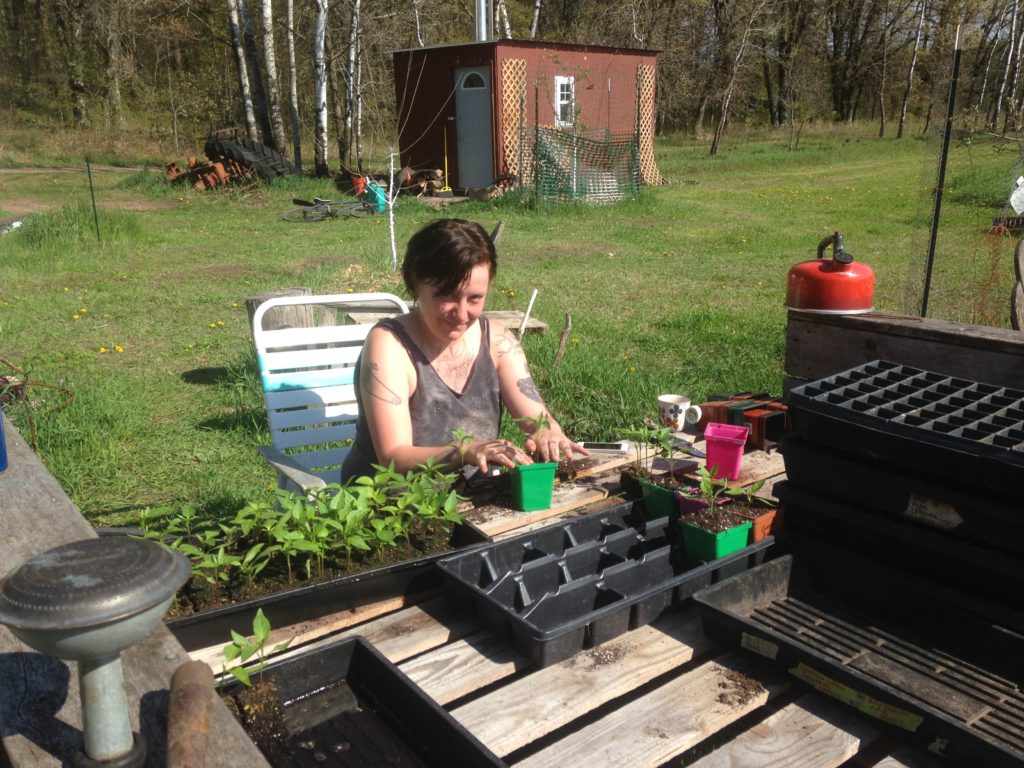
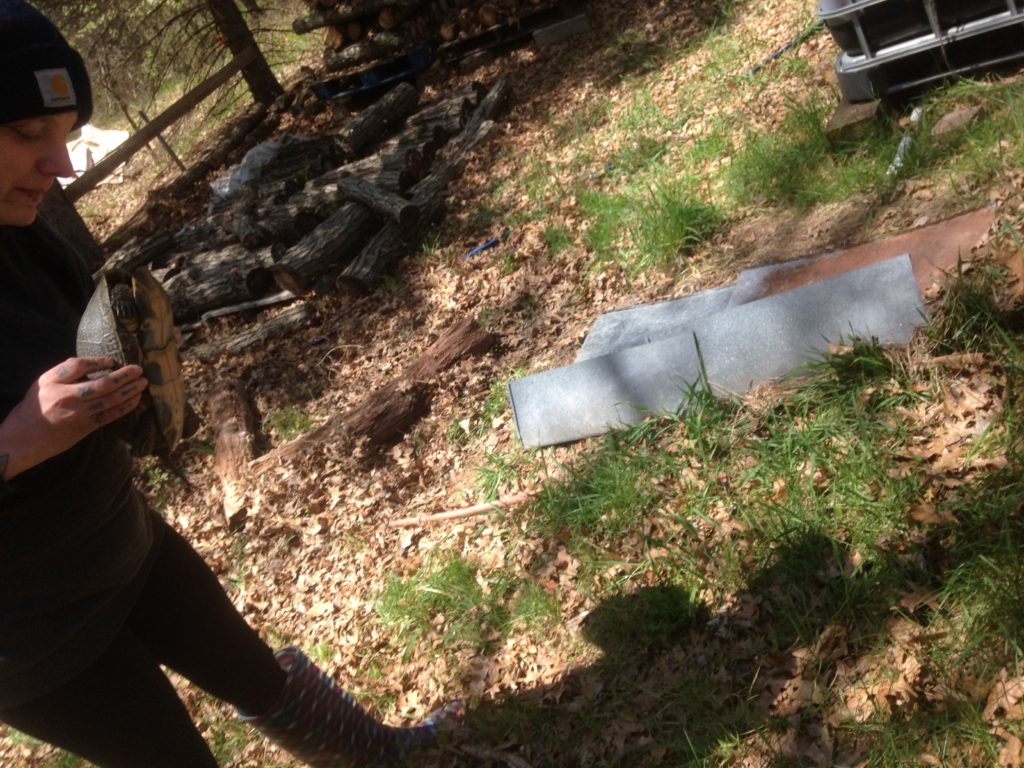

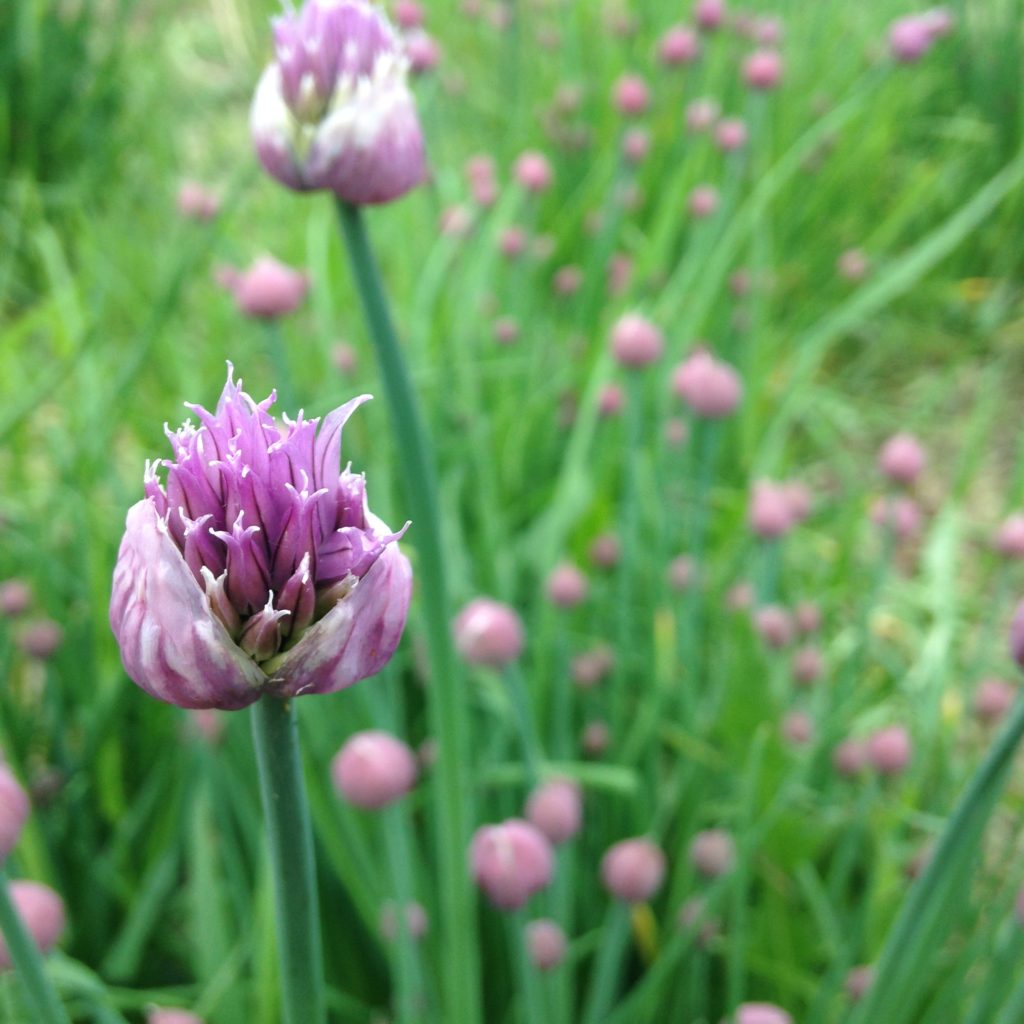
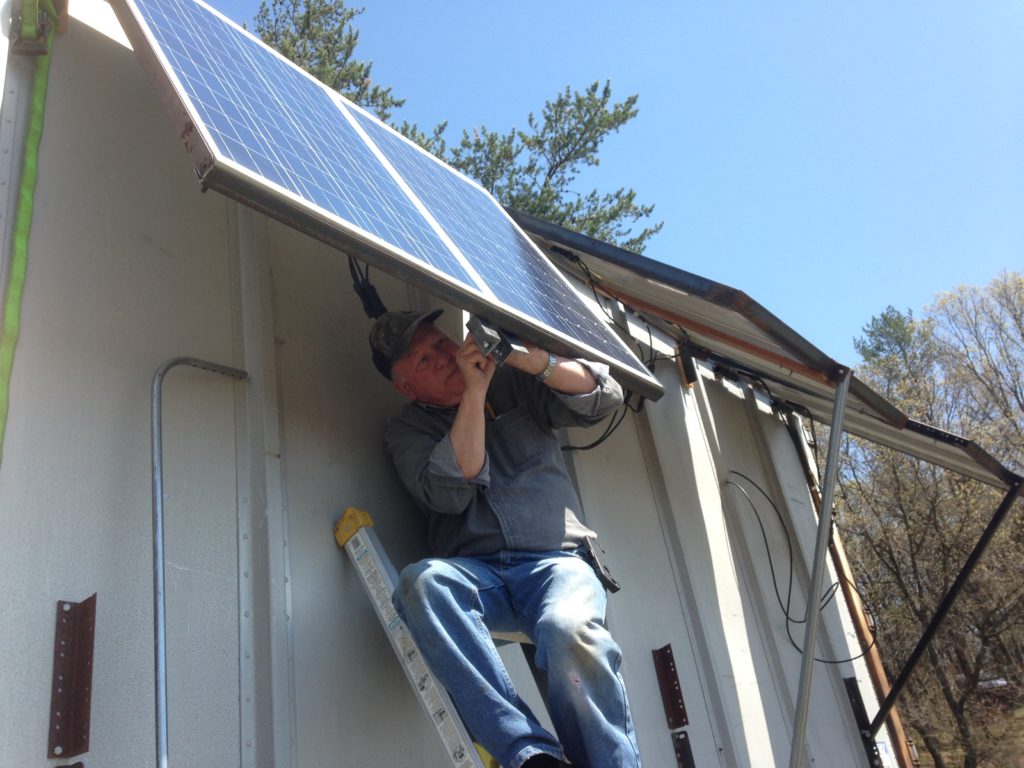
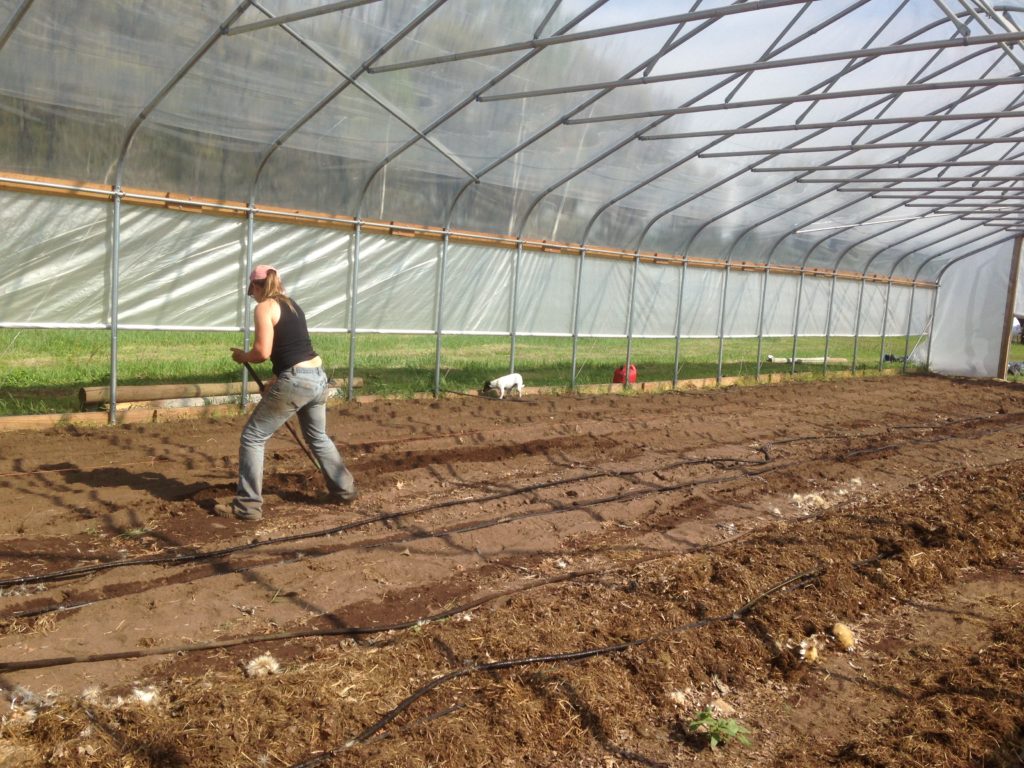
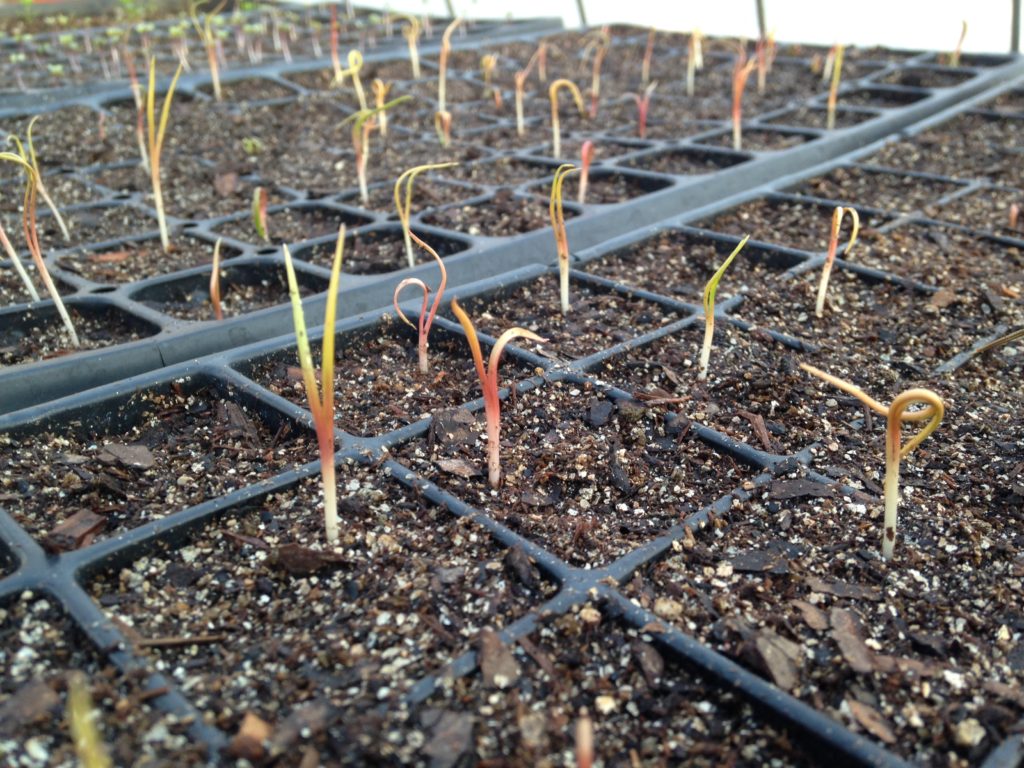
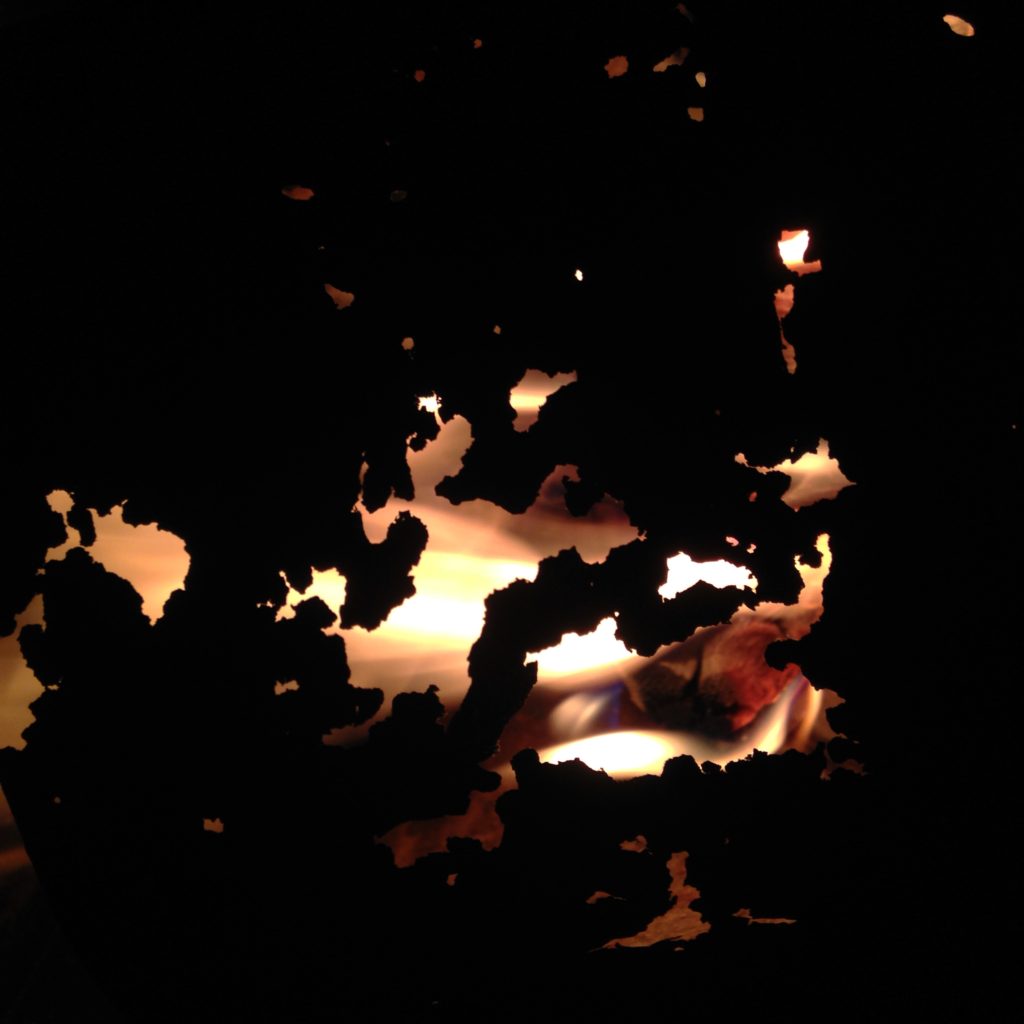
And finally, let’s cap May off with a few good versions of our farm’s theme song!
(High Keys is my current favorite version. The Lords version is awesome for the band’s dancing lol)

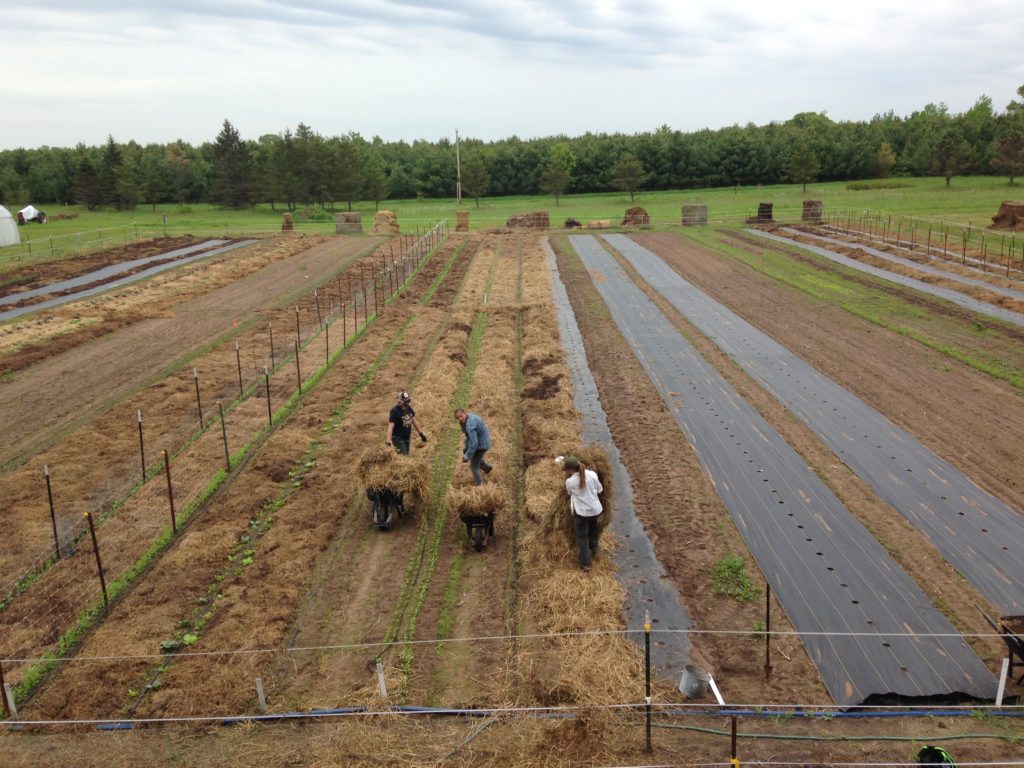
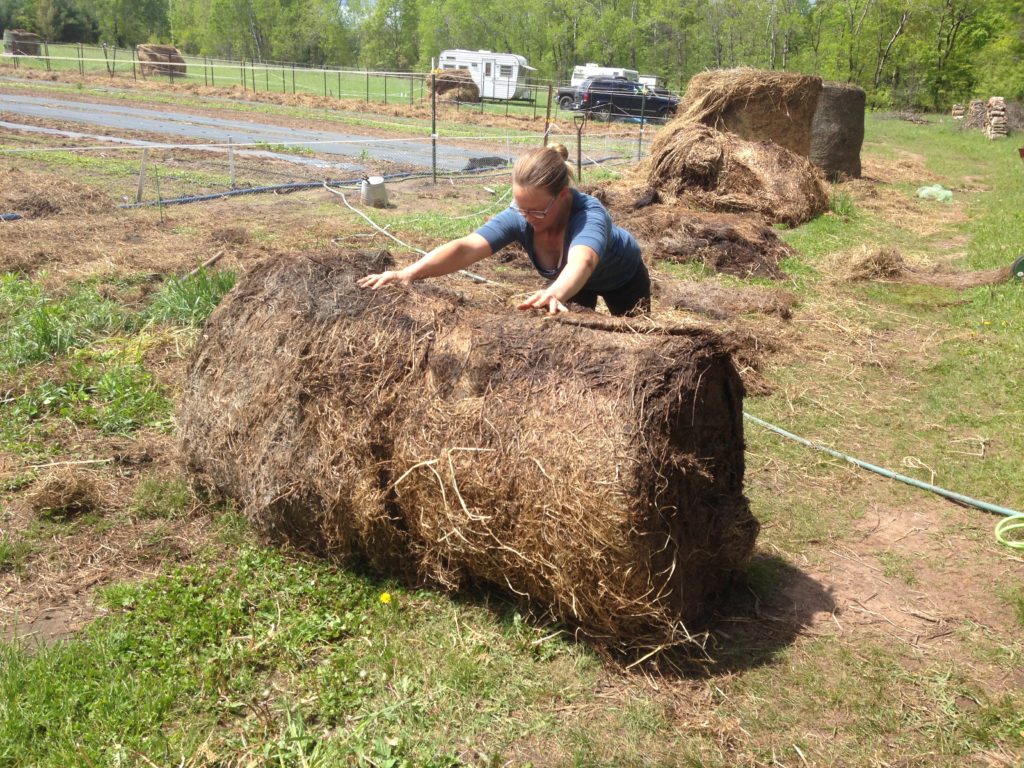
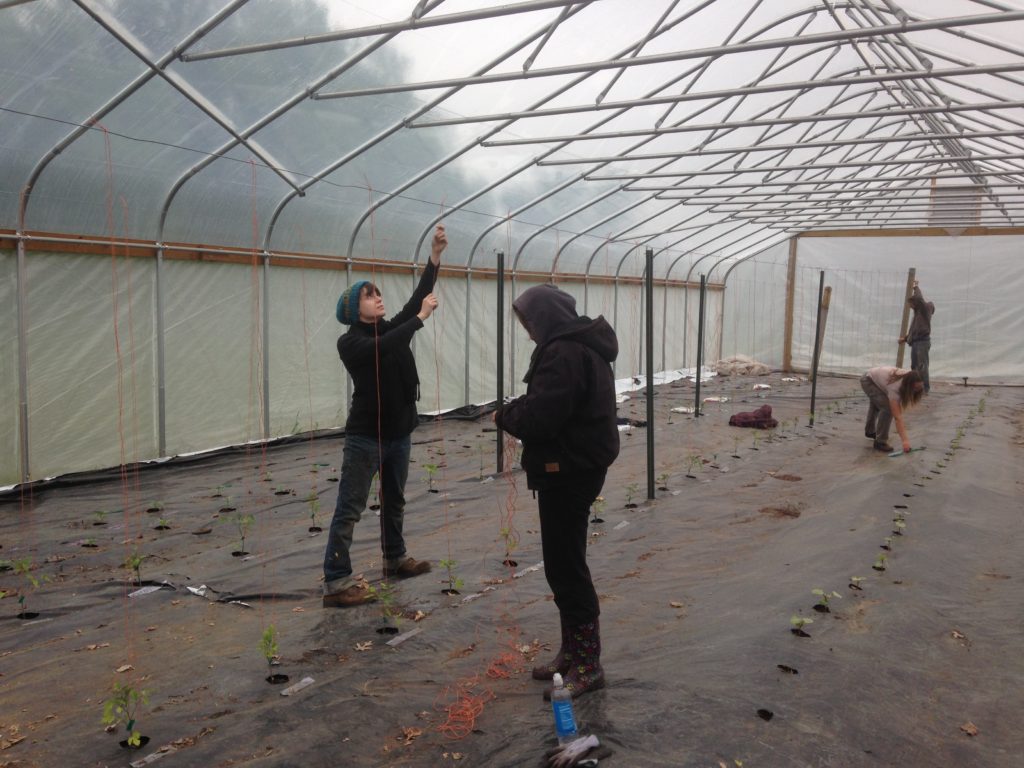
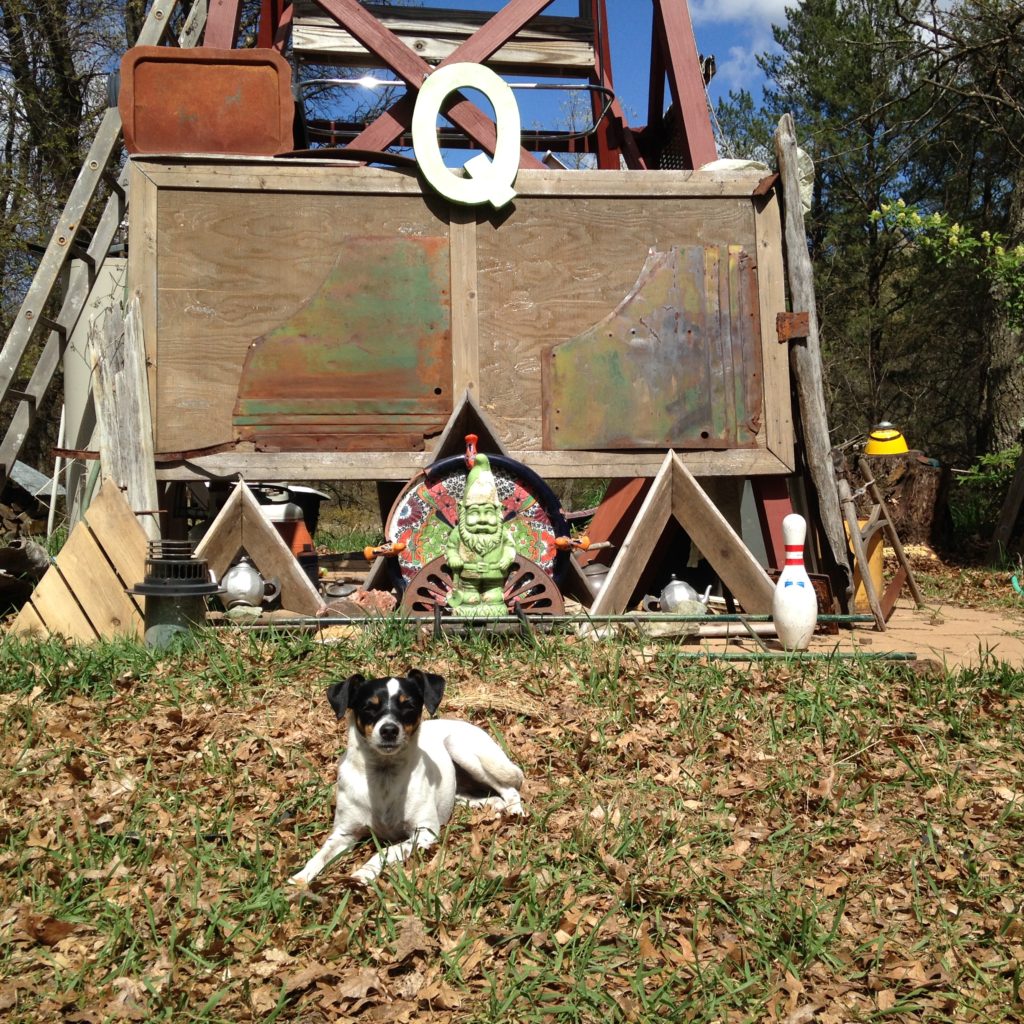
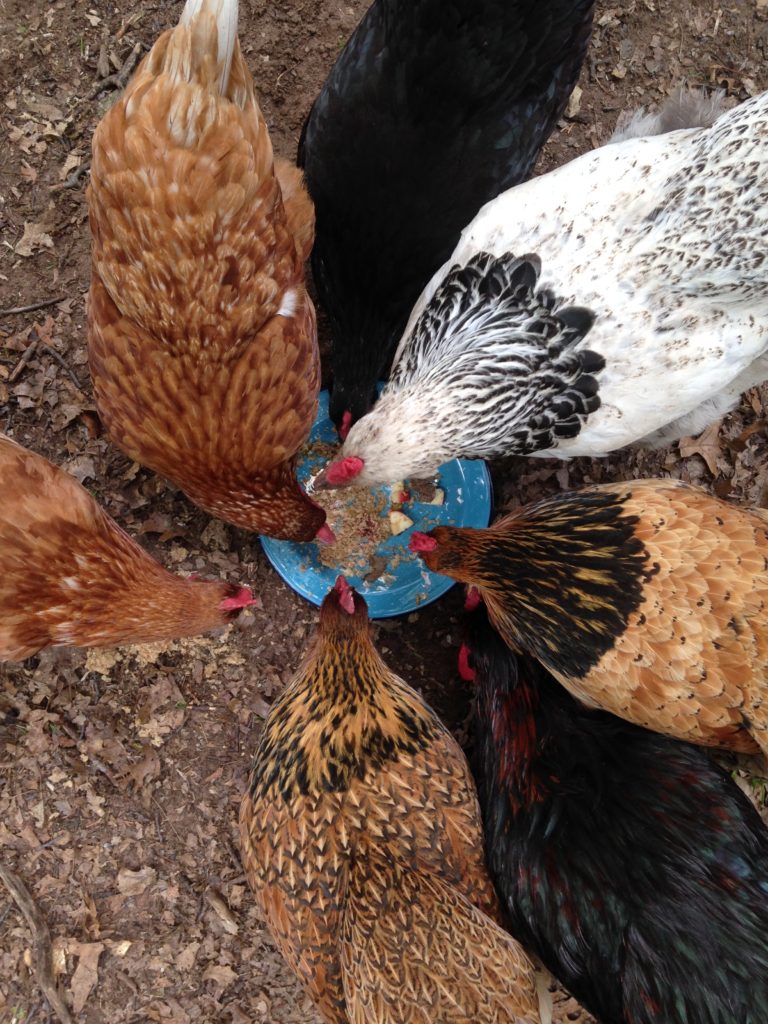
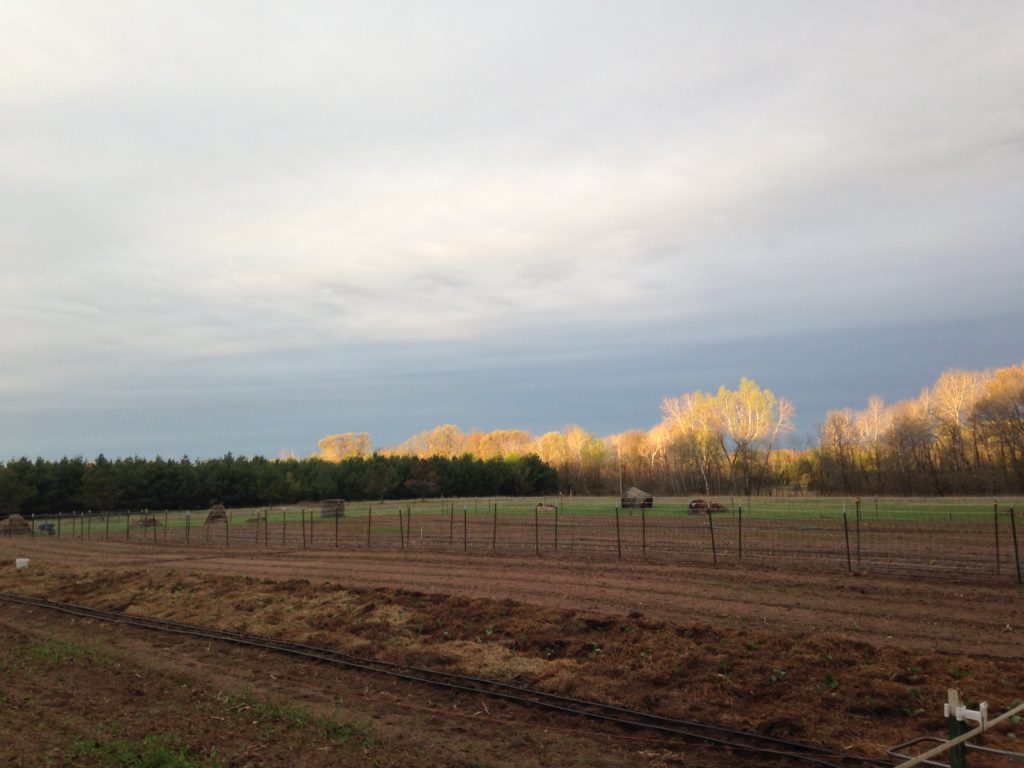
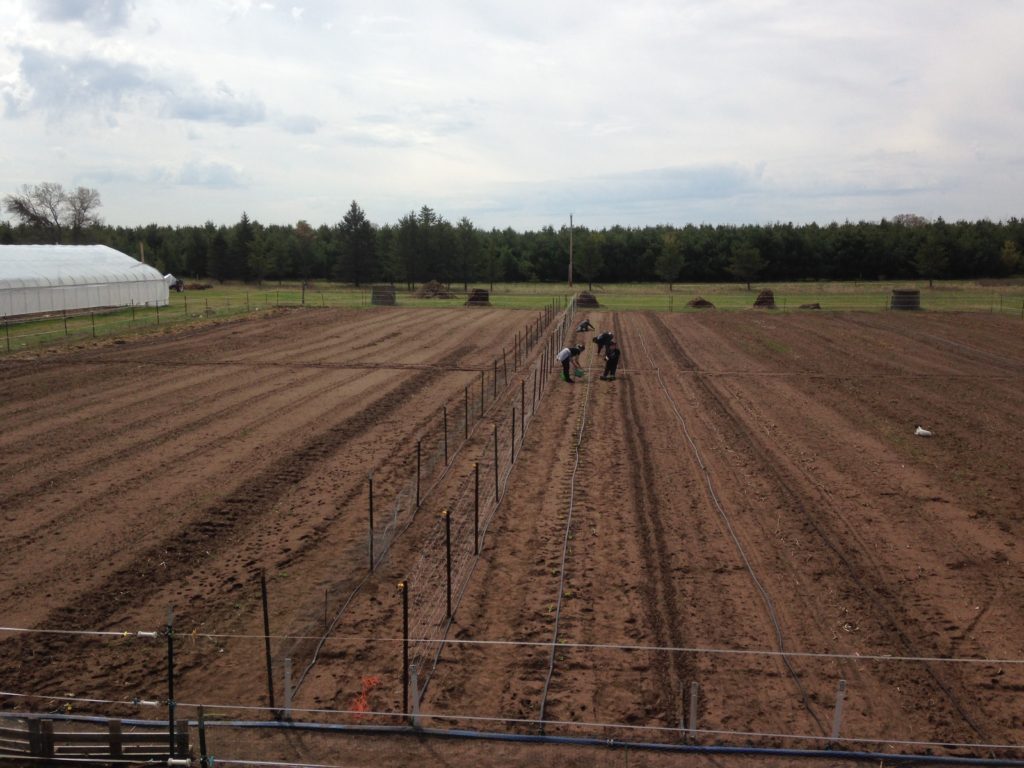
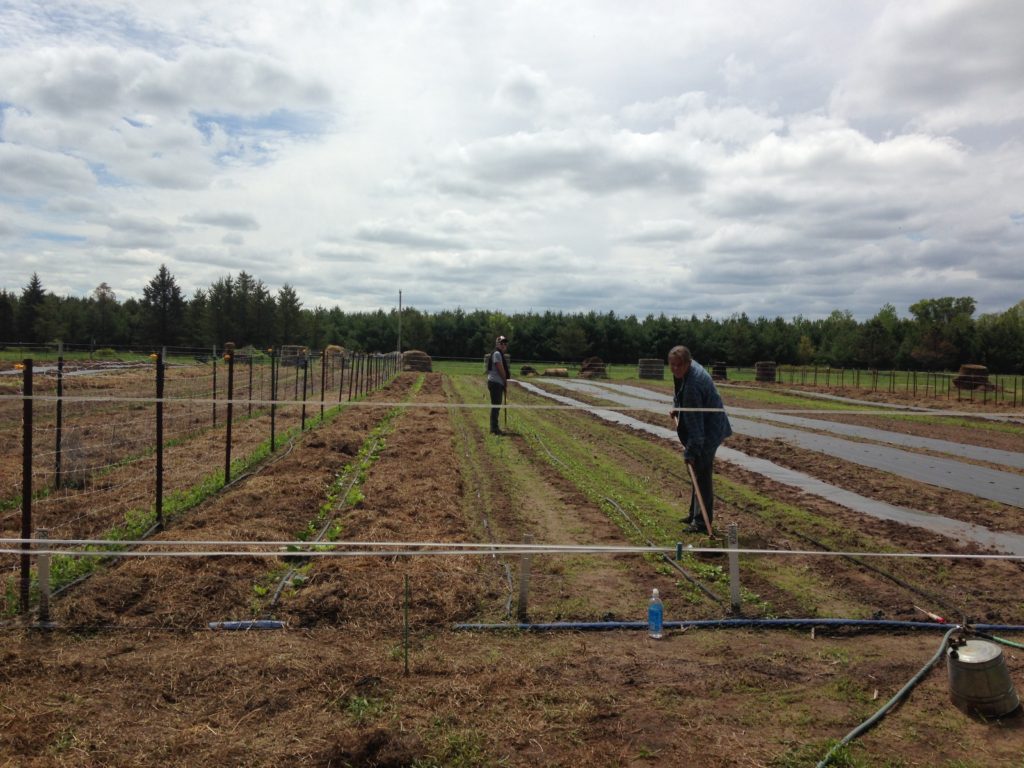
Excited for our first share! Maybe sometime we’ll have to swing by for a visit and help out! We’d love to see the place!
You most definitely should!!